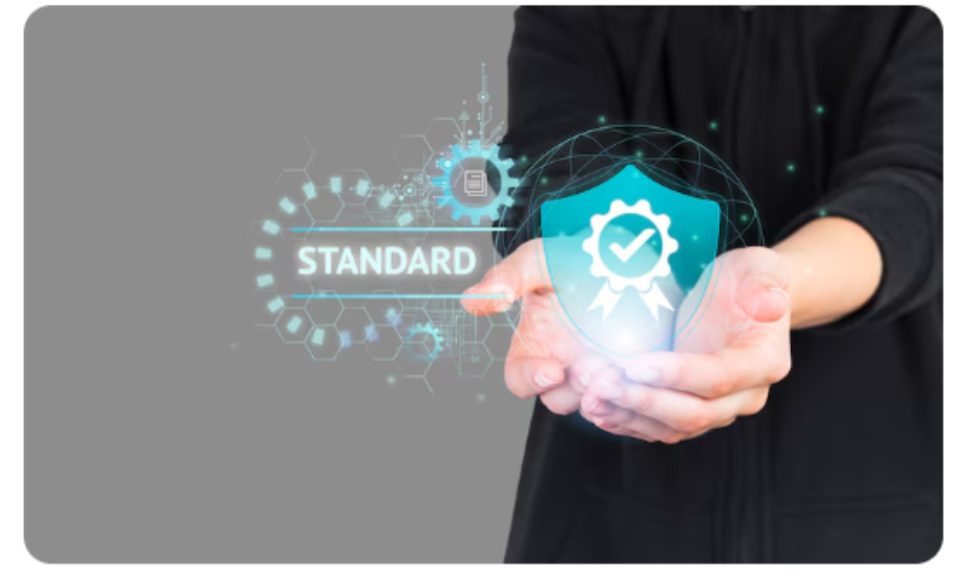In an era of escalating cyber threats, an organization’s security posture is more critical than ever. The ISO/IEC 27001 standard provides a globally recognized framework for establishing, implementing, maintaining, and continually improving an Information Security Management System (ISMS).
This systematic approach moves beyond ad-hoc security measures to create a resilient and proactive defense against a wide range of threats.
By adopting this standard, an organization can not only protect its valuable data but also build a foundation of trust with its stakeholders. This article will detail the ways in which ISO 27001 for companies significantly enhances their security posture.
Strategic Risk Management
Instead of merely reacting to security incidents, ISO 27001 mandates a proactive, risk-based approach. The standard requires an organization to systematically identify its information assets, assess the threats and vulnerabilities they face, and evaluate the potential impact of a security incident.
This process allows a company to prioritize risks and allocate resources effectively, ensuring that the most critical assets receive the strongest protection.
This isn’t just about technical safeguards; it’s about understanding the entire risk landscape. This systematic risk management is a core component of an iso 27001 for companies implementation.
Holistic Security Controls
ISO 27001’s framework extends beyond technical firewalls and antivirus software. It promotes a holistic approach to security that integrates technology, people, and processes.
The standard’s Annex A provides a comprehensive list of controls, covering everything from access control and cryptography to physical security and human resources security.
By considering all these dimensions, an organization can close security gaps that might be missed by a purely technical approach. This comprehensive methodology ensures that security is embedded in the company’s culture and operations, not just managed by the IT department.
Building a Culture of Security
One of the most profound benefits of ISO 27001 is its ability to foster a security-conscious culture. The standard requires regular security awareness training for all employees, ensuring that everyone, regardless of their role, understands their responsibility in protecting information.
This moves security from being a technical concern to a collective responsibility. Employees become the first line of defense, capable of recognizing phishing attempts, social engineering attacks, and other common threats. This cultural shift is vital for long-term security.
Ensuring Business Continuity
A robust ISMS, as defined by ISO 27001, includes provisions for business continuity and disaster recovery. By planning for potential disruptions, whether from a cyber attack, natural disaster, or system failure, a company can minimize downtime and financial loss.
The standard requires the development and testing of business continuity plans, ensuring that a company can recover quickly and effectively from an incident.
This forward-thinking approach not only enhances security but also strengthens overall business resilience, making the organization more reliable. This is a critical advantage of an ISO 27001 for companies initiative.
Demonstrating Compliance and Trust
ISO 27001 certification is a powerful tool for demonstrating a company’s commitment to information security. It provides third-party validation that the organization’s ISMS meets a rigorous international standard.
This can be a significant competitive advantage, as it reassures customers, partners, and suppliers that their data is in safe hands. In many industries, certification is now a prerequisite for doing business.
By achieving this benchmark, a company not only enhances its security but also builds a foundation of trust and credibility that can lead to new business opportunities.

